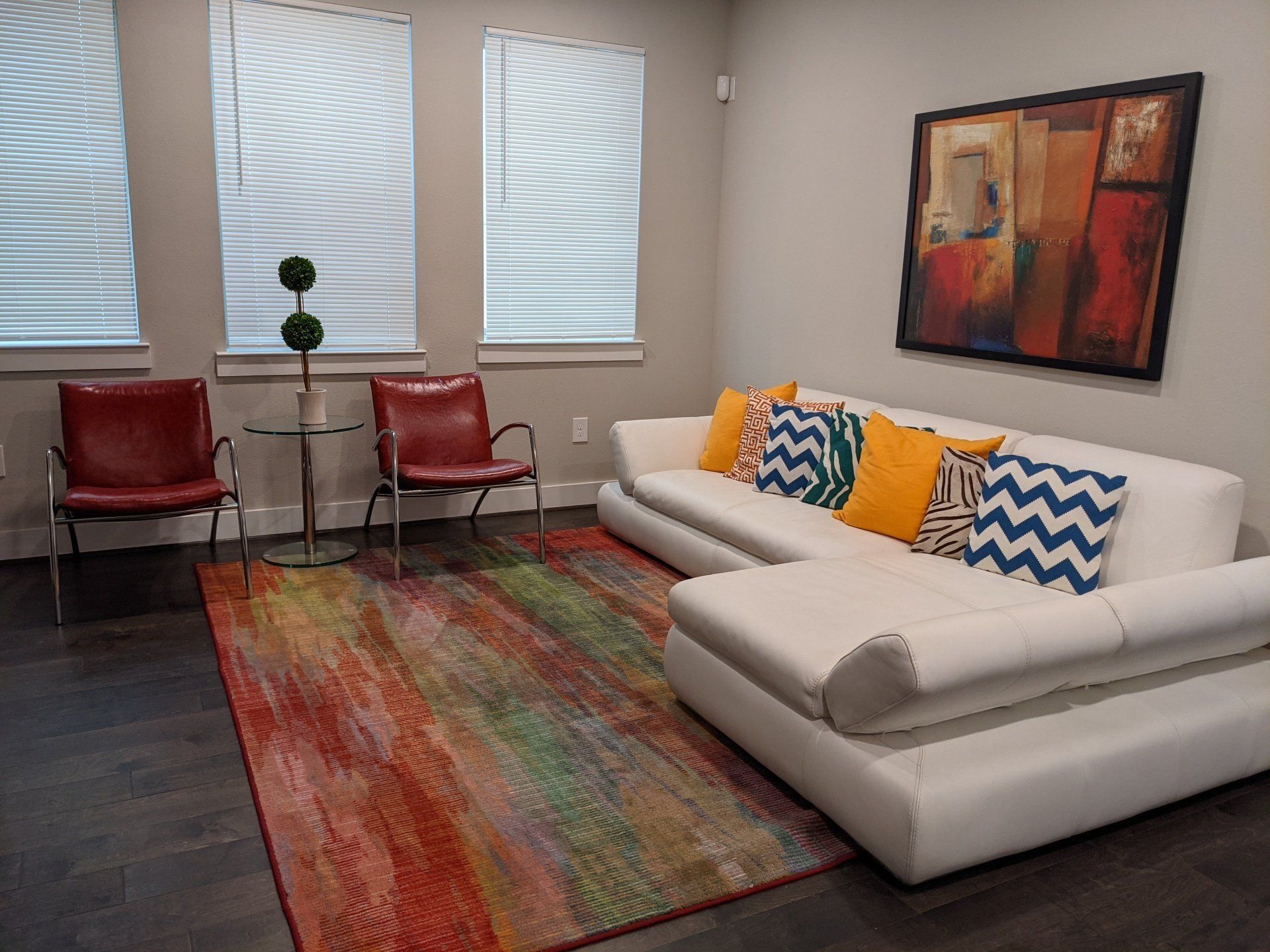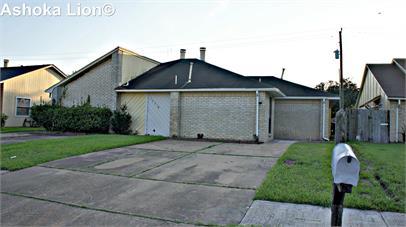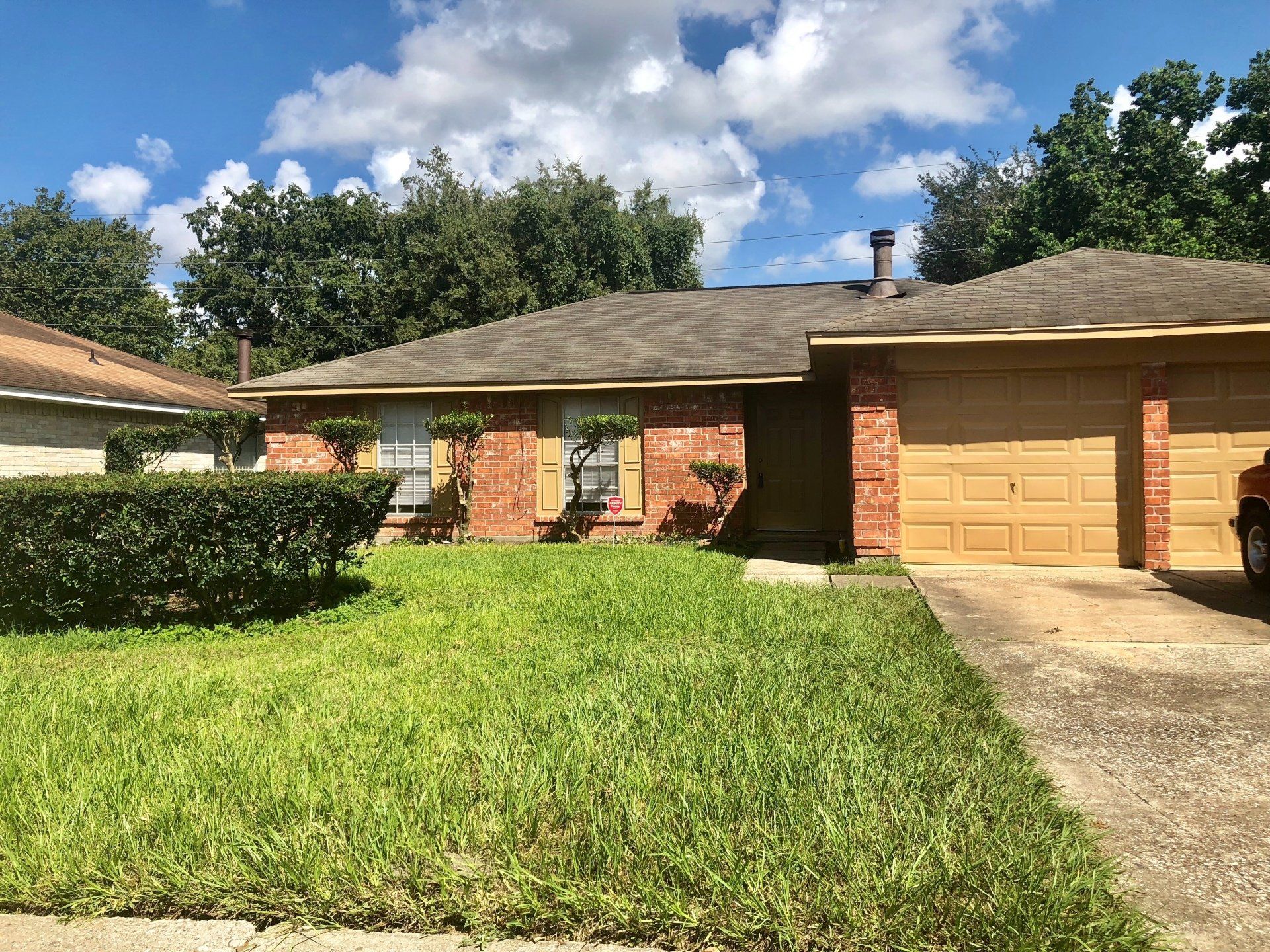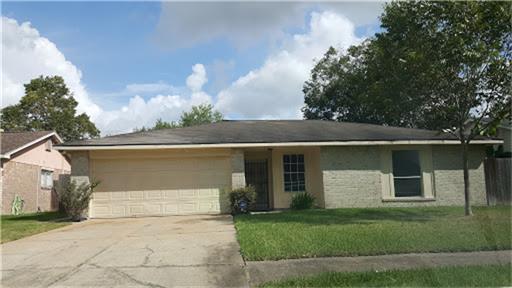LVP floor care
This is a subtitle for your new post
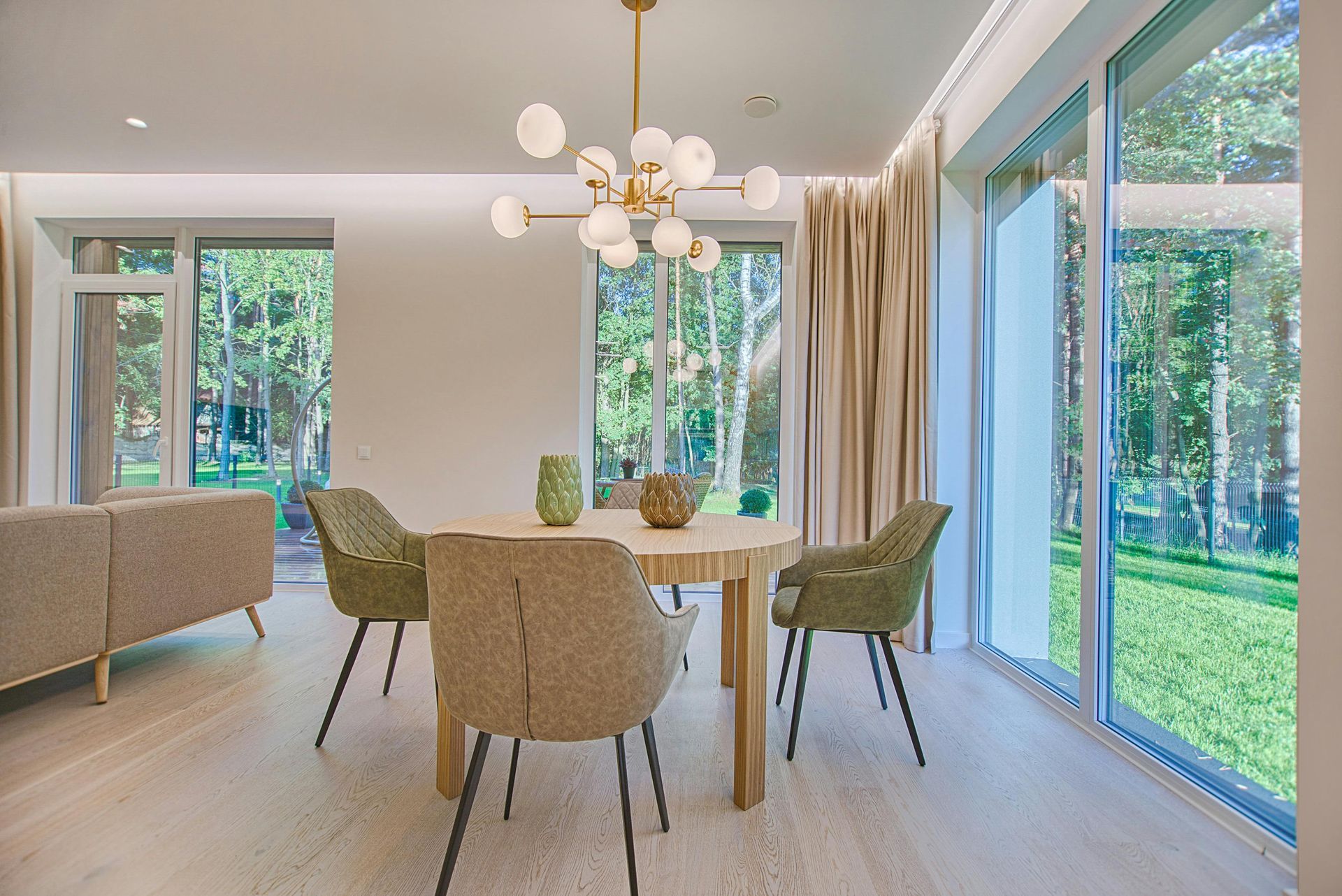
LVP, or Luxury Vinyl Plank, is a type of flooring designed to mimic the appearance of natural wood or stone while providing the benefits of vinyl.
LVP is resistant to scratches, dents, and moisture, making it ideal for high-traffic areas and spaces prone to spills. Many LVP products are 100% waterproof, making them suitable for kitchens, bathrooms, and basements. LVP comes in a wide range of colors, styles, and textures, allowing homeowners to achieve the look of hardwood or stone without the associated costs. It offers a softer, warmer feel underfoot compared to traditional tile or stone. LVP can often be installed as a floating floor, meaning it doesn’t require glue or nails. Many products feature a click-lock installation system.
Keeping Luxury Vinyl Plank (LVP) flooring in good condition is essential for its longevity and appearance. Here are some maintenance tips :
- Use a soft broom or a vacuum with a hard floor attachment to remove dirt and debris weekly. Clean with a damp mop and a pH-neutral cleaner designed for vinyl. Avoid excessive water.
- Wipe Up Spills Quickly to prevent staining or slipping. Use a soft cloth or paper towel.
- Avoid harsh chemicals by steering clear of bleach, ammonia, and abrasive cleaners, as these can harm the finish of the flooring.
- Place doormats at entryways and area rugs in high-traffic areas to reduce wear. Attach felt pads to the bottom of furniture legs to prevent scratches when moving items.
- Moisture is the number one enemy of vinyl floors. Never let spills sit long and wipe all moisture off completely with a smooth, non-abrasive wipe (like a dry microfiber towel) to avoid damaging the lamination as well as the adhesive of the vinyl. Use dehumidifiers or air conditioning to maintain a stable environment.
- Deep-clean using a mild, neutral floor cleaner that is safe for vinyl surfaces and never, ever wash the floor.
- Be Cautious with Furniture, avoid dragging heavy furniture across the floor to prevent scratches and dents.
- Periodically inspect the flooring for any signs of damage or wear and report issues to the landlord.
LVP is more affordable than real hardwood or stone, making it a popular choice for budget-conscious homeowners.
Overall, LVP flooring combines style, durability, and practicality, making it a versatile option for various settings.

